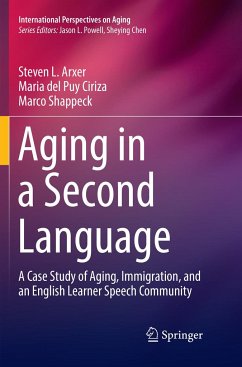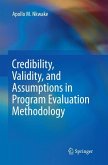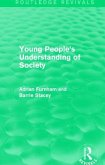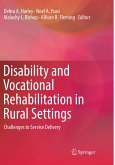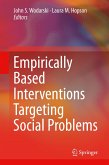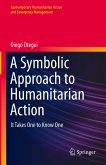This unique account of English language acquisition by Latino elders shines intimate light on the increasingly complex concerns of aging immigrant minority populations. Rich qualitative findings detail sociocultural barriers to and social and emotive factors that promote second language acquisition in older age. The book's case study highlights diverse cognitive and social processes as elders establish a sense of self as learners and as part of a learning community, and a sense of place as newcomers navigating a challenging environment. And first-person comments from the group members deftly illustrate the intricacies of being an immigrant in a rapidly changing America as well as the myriad intersections of race/ethnicity, gender, culture, and country that shape immigrant life.
Included in the coverage: Minority aging in an immigrant context.
Late-life second language acquisition: cognitive andpsycholinguistic changes, challenges, and opportunities.
Building emotions for self-identity and learning.
Practicing safe language socialization in private and public spaces.
Language resocialization and gender allies.
Aging, second language acquisition, and health.
Aging in a Second Language gives clinical social workers, gerontologists, health and cross-cultural psychologists, sociologists, educators and other professionals deep insights into the lives of an emerging active elder population. It also pinpoints challenges and opportunities in research, literacy program design, pedagogy, clinical outreach, education policy, and service delivery to immigrant elders.
Included in the coverage: Minority aging in an immigrant context.
Late-life second language acquisition: cognitive andpsycholinguistic changes, challenges, and opportunities.
Building emotions for self-identity and learning.
Practicing safe language socialization in private and public spaces.
Language resocialization and gender allies.
Aging, second language acquisition, and health.
Aging in a Second Language gives clinical social workers, gerontologists, health and cross-cultural psychologists, sociologists, educators and other professionals deep insights into the lives of an emerging active elder population. It also pinpoints challenges and opportunities in research, literacy program design, pedagogy, clinical outreach, education policy, and service delivery to immigrant elders.

